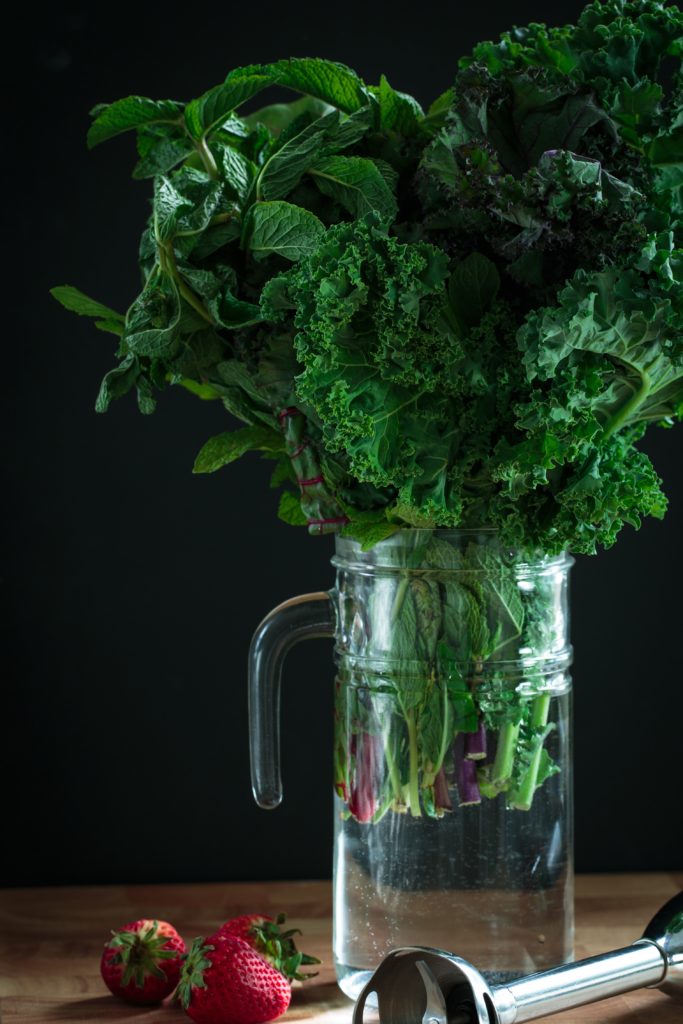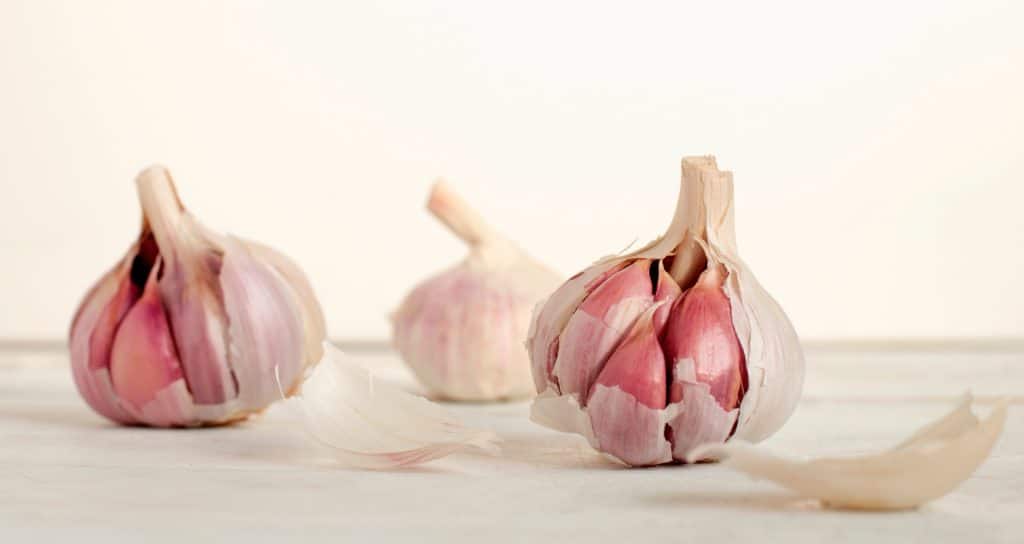It’s no secret we are living in unprecedented times with the COVID-19 pandemic. Now more than ever, individuals need to take every possible measure to ensure the health of themselves and their loved ones. This post will focus on the steps you can take to stay healthy by boosting your immune system with diet and supplementation, sunlight exposure, exercise, and staying connected socially without in-person contact.
Double Down on Vitamin C
Vitamin C (ascorbic acid) acts in a multitude of ways in the body. Firstly, vitamin C is required for the manufacture of collagen, a protein which is responsible for holding body tissues together such as cartilage, connective tissue, ligaments, tendons, skin, hair, and nails. Additionally, vitamin C is exceedingly important for wound healing, healthy teeth and gums, immune function, and it also acts as a nutritional antioxidant. With specific focus on the immune system, vitamin C has been shown to improve white blood cell function and increase the body’s antibody response. It also increases interferon, which acts as the body’s natural antiviral and anticancer compound. In fact, interferon gets its name from its ability to interfere with viral replication.

Foods highest in vitamin C include fruits such as guava, persimmons, strawberries, papaya, oranges, and grapefruit. Vegetables rich in vitamin C include red chili and red sweet peppers, dark leafy greens like kale, collared greens, and spinach, parsley, broccoli, Brussels sprouts, cauliflower, and cabbage². The food with the absolute highest vitamin C content is the Acerola cherry, which is often sold in powder or supplement form. The vitamin C content in fruits and vegetables is markedly decreased with exposure to air, so eating fresh fruits and vegetables is essential.
During times of extreme stress and risk of infection, dietary sources of vitamin C may not be adequate. When choosing a supplemental form of vitamin C, make sure to use ‘liposomal’ vitamin C. The bioavailability, or the amount of a supplement your body actually absorbs, may be 20% or lower for traditional vitamin C supplements. GI upset and diarrhea is associated with consumption of high doses of traditional vitamin C. When liposomal vitamin C is ingested, a phospholipid coating surrounds the vitamin in the GI tract. The effect of the protective coating is a much higher percentage of vitamin C absorbed, as well as less GI upset. Here’s a link to our online supplement dispensary where you can purchase the liposomal vitamin C supplement I suggest to my patients. Our favorite product is the one made by Dr. Mercola. As you might imagine, quality vitamin C supplements are in high demand right now. Even if the product is back ordered, I recommend ordering the supplement now as suppliers are promising to get new product out within the upcoming weeks.
Get More Sunlight

Getting direct sunlight is an excellent way to naturally boost your immune system. Vitamin D is more accurately defined as a hormone rather than a vitamin, since it is produced by our body in response to direct sun exposure on our skin, and has various signaling effects on many cell types in the body. The vitamin D hormone is most commonly associated with upregulating calcium absorption in the small intestine, thereby increasing the strength of our bones. However, the vitamin D hormone has a wide array of positive benefits elsewhere in the body, as a result of cells in our bone marrow, brain, colon, breast tissue, and immune system all expressing the vitamin D receptor (VDR). Specifically, B and T cells (the two major components of our adaptive immune response) directly respond to vitamin D and upregulate our body’s ability to fight off all forms of disease¹. Not only does vitamin D help protect us from viruses, it can also halt the progression of autoimmune diseases including multiple sclerosis, rheumatoid arthritis, diabetes mellitus, inflammatory bowel disease, and systemic lupus. Additionally, the sun’s energy produces beta-endorphins, neuropeptides and natural opiates that regulate pain, decrease inflammation, and promote relaxation – all positive changes that strengthen our immune system and help our body combat infection. Opt for 15-20 minutes of direct sunlight exposure on as much exposed skin as possible.
Cut Out Refined Sugar
Refined sugar has a host of negative effects on the body, perhaps the most important being damage to our mitochondria and the associated oxidative damage that occurs with overloading of the electron transport chain. Oxidative damage or ‘oxidative stress’ is the result of increased free radical production in the body. Free radicals are molecules with an unpaired electron. They attack and damage healthy cells in our body, creating a state of chronic inflammation. When our body is in a constant state of low level inflammation from excessive sugar consumption, our ability to combat disease and heal wounds is significantly impaired. In fact, research suggests after consuming sucrose (white table sugar), our immune system is inhibited for six hours. Additionally, the only viable fuel source for pathogenic viruses and bacteria is sugar. Viruses and bacteria feed on sugar and multiply when placed in a high sugar environment. One of the best ways to combat viruses and bacteria is to remove their food source!
Eat More Fermented Foods
Fermented foods are rich in natural probiotics and help replenish the beneficial bacteria that line or GI tract. The beneficial bacterial lining, also known as GI flora in our digestive tract acts as a natural barrier between the foods we eat and the insides of our body. The healthier and thicker the GI flora, the less likely pathogenic substances can enter our body and cause disease. Naturally occurring probiotics are produced during the fermentation process in foods such as kefir, miso, kimchi, yogurt, sauerkraut, kombucha, and raw, grass-fed organic milk. Load up on these probiotic rich foods and your immune system will thank you!
Eat Garlic

Garlic is a potent antiviral, anti-bacterial, and antifungal. According to The Encyclopedia of Healing Foods, garlic is rich in vitamin B6, manganese, selenium, vitamin C, phosphorous, calcium, potassium, iron, and copper – all of which are needed for a healthy immune system. Many of garlic’s benefits are associated with a sulfur-containing compound called allicin, which is a powerful anti-microbial. In fact, garlic has been called ‘Russian Penicillin’ due to its strong anti-microbial activity. Make sure to chop or crush the garlic and let it sit for 10 minutes before eating or cooking. Letting the chopped garlic sit for 10 minutes helps trigger the enzymatic process that transforms alliin into its active and beneficial form, allicin.
Connect with Others
One clear benefit of modern technology is our ability to connect socially with friends and family without having to see them in person. Utilize apps like Skype and Zoom to stay in communication with your friends and loved ones during these trying times. Staying connected socially is very important not only to the health of the body, but also the mind. Human beings crave connection, social interaction, and a sense of community. Consequently, the health of our body’s will suffer if we cannot maintain these connections. There are positive, simple ways you can stay connected with society, such as offering to do a grocery run for an elderly or at risk individual. When at the grocery store, purchase only what you need and avoid buying in excess. The next customer (and your wallet!) will thank you. Take a moment to say a prayer or perform a moment of silence for all those affected directly and indirectly by the virus. Performing small acts of kindness will keep you connected socially and add positivity to a society that desperately needs it right now.
References
- Aranow, C. (2011). Vitamin D and the Immune System. J Investig Med. 59(6): 881-886.
- Aschan, S. (2006). Sugar: The Real Deal. ABC News.
- Murray, M. T., Pizzorno, J. E., & Pizzorno, L. (2006). The encyclopedia of healing foods. Pages 112-114.
Post written by Dr. Riley Kulm, DC. Check out Dr. Riley Kulm’s bio here.

